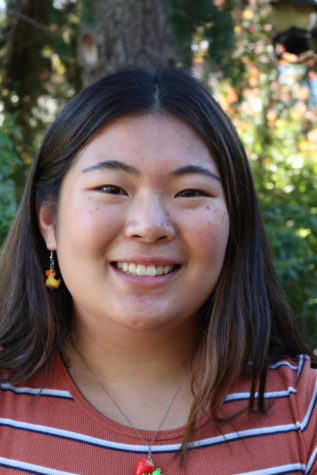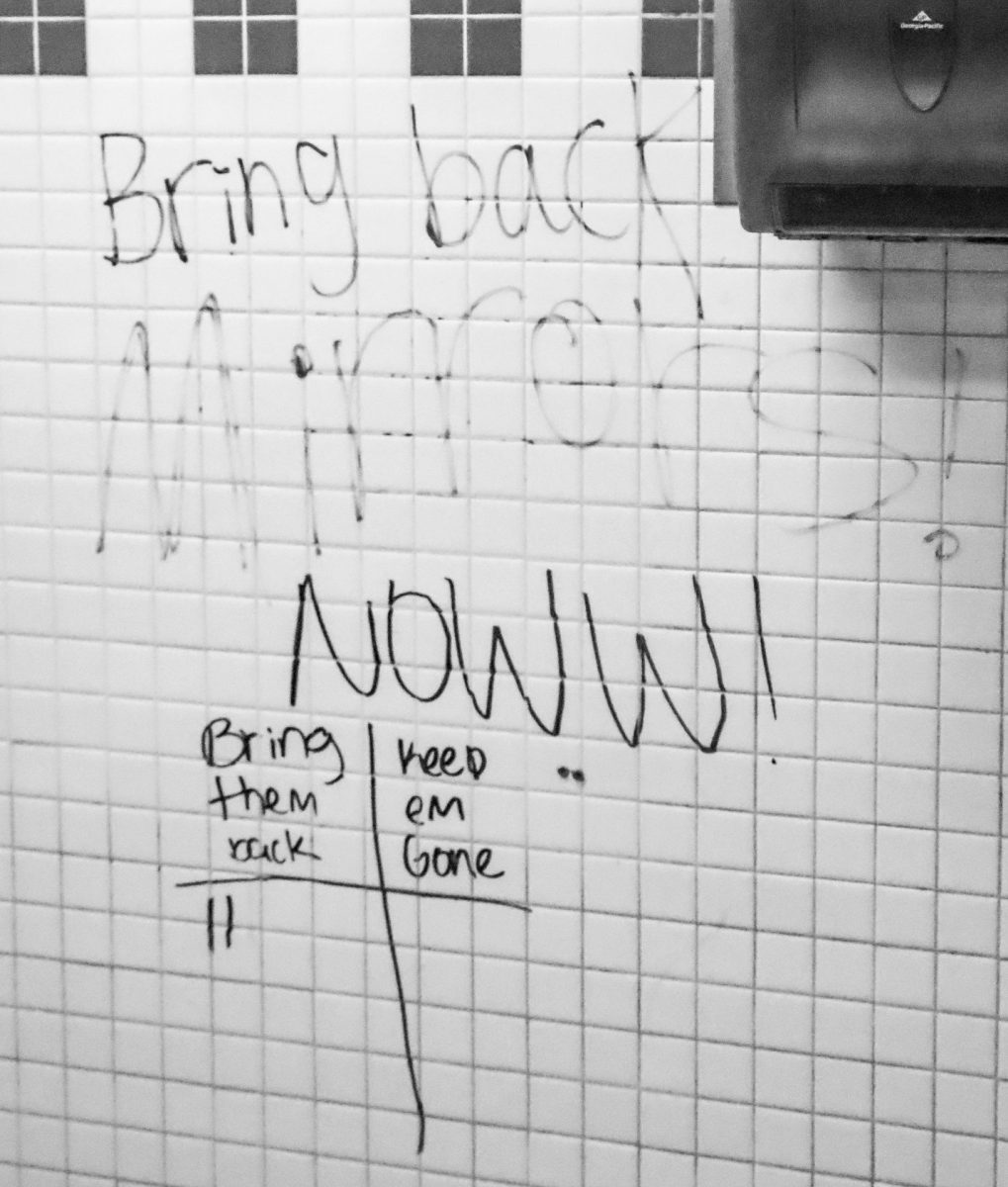The Edmonds School District Board of Directors held a public forum through Zoom for students, staff and community members to voice their opinions on School Resource Officers (SROs). Over 130 members of the ESD community joined the Zoom meeting and more than 30 speakers voiced their opinions.
The meeting started with a brief explanation of the role of SROs by Assistant Superintendent Greg Schwab.
“[The presence of] SROs is a collaborative agreement between the Edmonds School District and the police,” Schwab said. “… they [officers] provide safety for school staff, and also [are] a part of the staff.”
Schwab explained that police officers in schools are not meant to be used for disciplinary purposes.
“The SROs are emphasized as role models, and are sometimes speakers in classrooms,” he said.
Once the public comments segment began, students, staff and community members shared their opinions.
MTHS freshman Sadie Sadler expressed having consistent positive interactions with Kyle O’ Hagen, the SRO at MTHS. She emphasized the importance of maintaining a relationship between the SRO program and the Edmonds School District.
“Not every police officer is a racist and thinks they are above the law,” Sadler said. “We need to be united.”
Later, MTHS junior Bailey Sonko gave her view against the presence of SROs in schools.
“Why would you keep something in place that is scaring other students?” Sonko asked. “Some [SROs] are not feared but some are feared. What is the point of SRO[s] if they don’t prevent school shootings? Students should feel free to open up to adults instead of being in fear.”
Others in the district discussed how the funding currently used for the SRO program could be utilized in different ways. Ena Dilberovic, a sophomore at Lynnwood High School, thought the funding from the SRO program could go towards class supplies.
Staff also spoke up, discussing how they saw school-specific SROs treating other students.
“The interactions I see with him [Kyle O’ Hagan] at school are overwhelmingly positive,” said Sandy Scherich who works in the MTHS fines office. “Before we had Kyle we had cops called in daily,”
Others had different experiences. Joseph Erikson, a teacher at Meadowdale High School, discussed how the SROs in his school mistreated students of minority.
“My students are wonderful, but they saw the police as adversaries. I’ve seen my kids taken out in handcuffs,” Erikson said. “They [SROs] have arrested over one million kids of the black race, and have failed to prevent/stop school shootings.”
Similar to students, staff discussed where the funding could go if the ESD ended their partnership with the SROs. Begin Nora, a musical instructor in the ESD, suggested that the funding could go toward mental health assistance for students and job training for staff.
“We need the funding of the SROs to be immediately shifted to other school resources and lunch funding,” Nora said.
The majority of the public forum consisted of parents of ESD students and residents, who discussed the concerns they had surrounding student safety in schools. Erica Martinez, a mother of several students in the district, supported having SROs in schools. She argued that the response should be angled toward the community and not by events outside of it.
“What’s going on now is separated and biased in the world compared to crimes in the community,” she said.
While Martinez was happy with the service provided by the SROs, many other parents were not. Reita Johnston is a parent of a fifth-grader and an active member of the district’s equity and alliance leadership team.
“Police officers are not mental health professionals, they do not understand trauma, they are not qualified to help students in this way,” she said.
A majority of parents would like to keep SROs on campus, but have them unarmed.
Towards the end of the forum, Equity Director Dr. Kimberlee Armstrong expressed her opinion on the current model.
“I have been and always will be in support of the model, when there are police on campus it provides a good model. When a crime happens on campus we want a cop who knows our kids.” Dr. Armstrong said. ”I don’t have a problem with SRO[s]. I have a problem with racist students and staff. We have children struggling in a system not made for them. Say their names.”
The meeting ended with board of director’s Gary Noble and Ann McMurray thanking all for attending and assuring everyone that the conversation surrounding SROs and their role in schools will continue.







